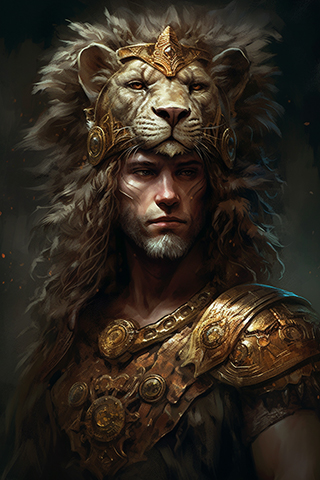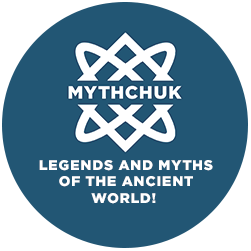Roman Heroes and Characters from Myths and Legends
- Main
- >
- Roman Mythology
- >
- Roman Heroes and Characters from Myths and Legends




 Roman Heroes and Characters from Myths and Legends
Roman Heroes and Characters from Myths and LegendsThe culture of ancient Rome is not only renowned for its world-famous architecture and sculpture but also for its captivating and timeless myths. Unlike their Greek predecessors, Roman mythological works emerged later, allowing them to become more refined and mature. For instance, Virgil’s *Aeneid*, though inspired by Homer, is often considered incomparable in terms of its tragic depth, dramatic tension, psychological complexity, and the gripping emotional intensity that captivates the reader or listener until the very end.
In addition to their grounded view of reality, Roman literary works are rich in satire. This satirical tone, combined with vivid and well-developed characters, transforms these stories into mesmerizing performances that feel real—even today. It is no coincidence that the era of Virgil, Horace, and Ovid is known as the “Golden Age” of Roman literature.
Since we've mentioned Virgil, we cannot overlook his extraordinary epic, the *Aeneid*. In it, the gods shape human fate, and the divine becomes tightly interwoven with historical reality. This fusion gives the story a powerful sense of realism and makes it incredibly compelling—from the very beginning of Aeneas’ journey from Troy to Italy, to the end of the epic, where he faces relentless challenges. Yet, he never surrenders. Understanding the weight of his destiny, Aeneas perseveres through every trial and hardship.
